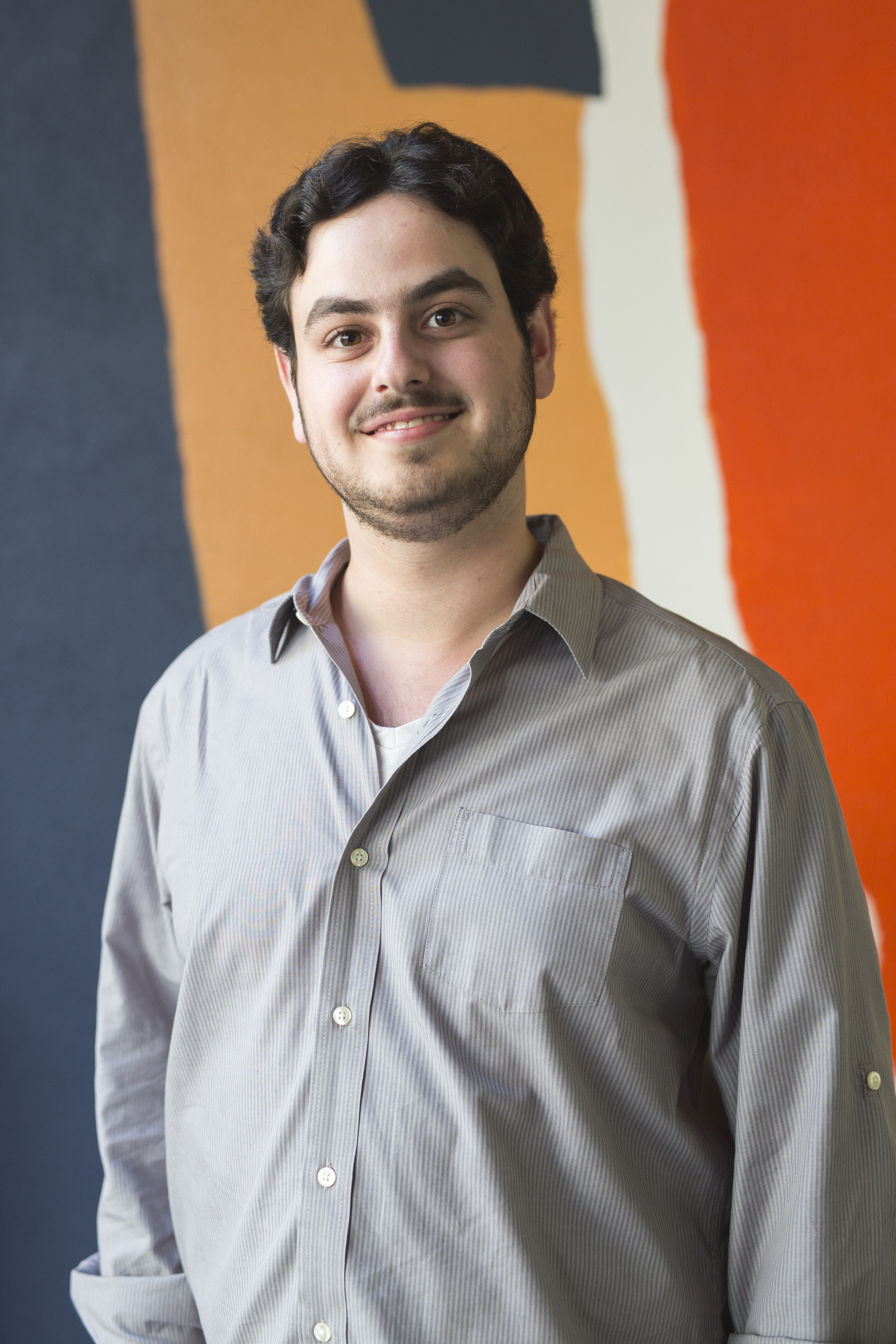Foco de atención
Meet Magic, Productor/Mezclador/Ingeniero de grabación
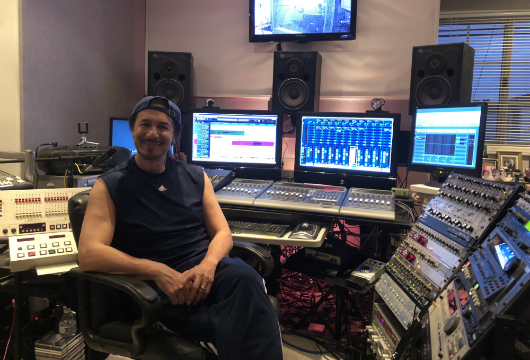 Magic A. Moreno, born in 1953, is a music producer, performer and educator. He has his own company, Magic Presence Studios. He became involved with the music industry thanks to his stage mom, who taught him violin at the age of four. He learned quickly, and just two years later performed at a competition at The Hollywood Bowl. At the age of eight he joined the Mitchell Singing Boys choir alongside his brother, Gerard. During his five years with the choir, Moreno traveled across three continents. He learned about several religious philosophies from the group’s leader, a theologian, which ignited a deep spirituality he carries to this day. After leaving the Mitchell Singing Boys, Moreno went on to receive an electronics degree from the Ogden School of Electronics in Huntington Beach. During this time, he performed with a number of musical groups. Most notably, Moreno was the frontman of the Heavy Metal band, Treason. He produced six albums as a performer.
Magic A. Moreno, born in 1953, is a music producer, performer and educator. He has his own company, Magic Presence Studios. He became involved with the music industry thanks to his stage mom, who taught him violin at the age of four. He learned quickly, and just two years later performed at a competition at The Hollywood Bowl. At the age of eight he joined the Mitchell Singing Boys choir alongside his brother, Gerard. During his five years with the choir, Moreno traveled across three continents. He learned about several religious philosophies from the group’s leader, a theologian, which ignited a deep spirituality he carries to this day. After leaving the Mitchell Singing Boys, Moreno went on to receive an electronics degree from the Ogden School of Electronics in Huntington Beach. During this time, he performed with a number of musical groups. Most notably, Moreno was the frontman of the Heavy Metal band, Treason. He produced six albums as a performer.
In 1975, he toured with Aretha Franklin as a musician synthesizing her string section. He continued to produce music, alongside his performing career, for artists like Barbara Streisand, Steve Vai and Phil Collins. Even though he is currently retired from the film industry, he still assists with post-production sound design for MGM, Warner Bros., Paramount and more.
Moreno has received three Grammy nominations and 19 platinum records throughout his production career, including several accolades for Spanish-language albums. He also recently helped to design a recording studio for the Los Angeles Music and Art School.
Growing up he enjoyed fencing, and now gets to watch his son excel as both a fencer and a jazz musician that performs with the L.A. Drum Corp.
What would you say was one of your most formative experiences in the music industry?
Mixing my first album was definitely a turning point. I began to look at myself as an honest broker in this industry; I really saw what I had to offer, how I measured up. That first album was a culmination of my skills for the group Treason. I wrote and produced the track with the guys, but I also recorded and mixed it. That was somewhat formative in the sense of confidence-bolstering. It showed me that it’s not only doable for me, it’s doable for everyone.
How easy is it for someone to start their own career as an audio engineer today?
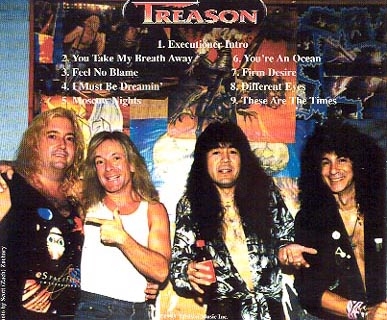 The career that stares each creative person in the face is able to be purchased for $200 to $300 (software that can record in decent quality). It also takes the computer set-up and the monitors. One can pour quite a bit into it as they get more refined. But for the basic person who wants to get their feet wet with engineering or producing, they need to know how to lead someone through a recording session, how to inspire somebody with their words or a talk-back, and how to add nothing but a positive experience to the recording studio.
The career that stares each creative person in the face is able to be purchased for $200 to $300 (software that can record in decent quality). It also takes the computer set-up and the monitors. One can pour quite a bit into it as they get more refined. But for the basic person who wants to get their feet wet with engineering or producing, they need to know how to lead someone through a recording session, how to inspire somebody with their words or a talk-back, and how to add nothing but a positive experience to the recording studio.
That is how to be a producer, as I teach it. Each person was made to fly on their own, so there’s no need to be taken under anyone's wing. If they’re in college and they already know audio engineering is the career for them, they could be ready to come out of there recording themselves or other people, it really is available for everybody.
I find that when I like what I do, it first makes a difference inside me as a being. I become a happier person and hopefully better acclimated to my surroundings. There are those spiritualists that would say this happy camper-ism is what opens the door to more good and wonderful things.
Have you met anyone who you would say is a hero of yours?
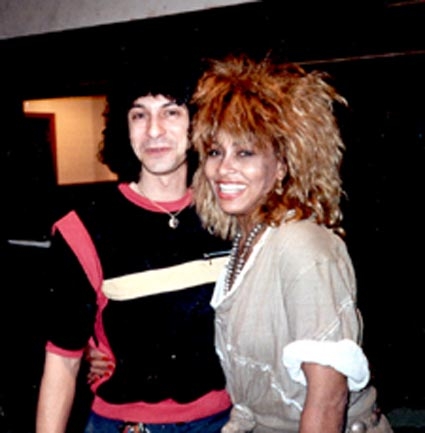 Lots of people I would consider heroes: Freddie Mercury, Eric Clapton, too many to try and give out names. You admire people for different things: Their musicality, their showmanship or composure, their ability to produce or mix. There are people with immense talent who should be more famous than they are who do things like mix film music. They are heroes.
Lots of people I would consider heroes: Freddie Mercury, Eric Clapton, too many to try and give out names. You admire people for different things: Their musicality, their showmanship or composure, their ability to produce or mix. There are people with immense talent who should be more famous than they are who do things like mix film music. They are heroes.
Do any of your gold or platinum albums stand out in particular?
I'm fond of all of them. They're all like their own jewels. On the wall of my home I have Streisand’s Broadway album, as well as Eric Clapton’s, and another one out of Venezuela. I'll say this to a lot of people I produce: what we do is so important because it will survive us. Our children's children will look back on what we did, so we can't take anything lightly.
I tell my students they can't be one of those engineers who is watching the clock. An artist wants to know how she's doing and if the only feedback she receives is something along the lines of: 'yeah, yeah, yeah it's great, good we're done,’ it will be a huge disservice to the artist.
How important do you feel it is to give back and teach those who want to become audio engineers?
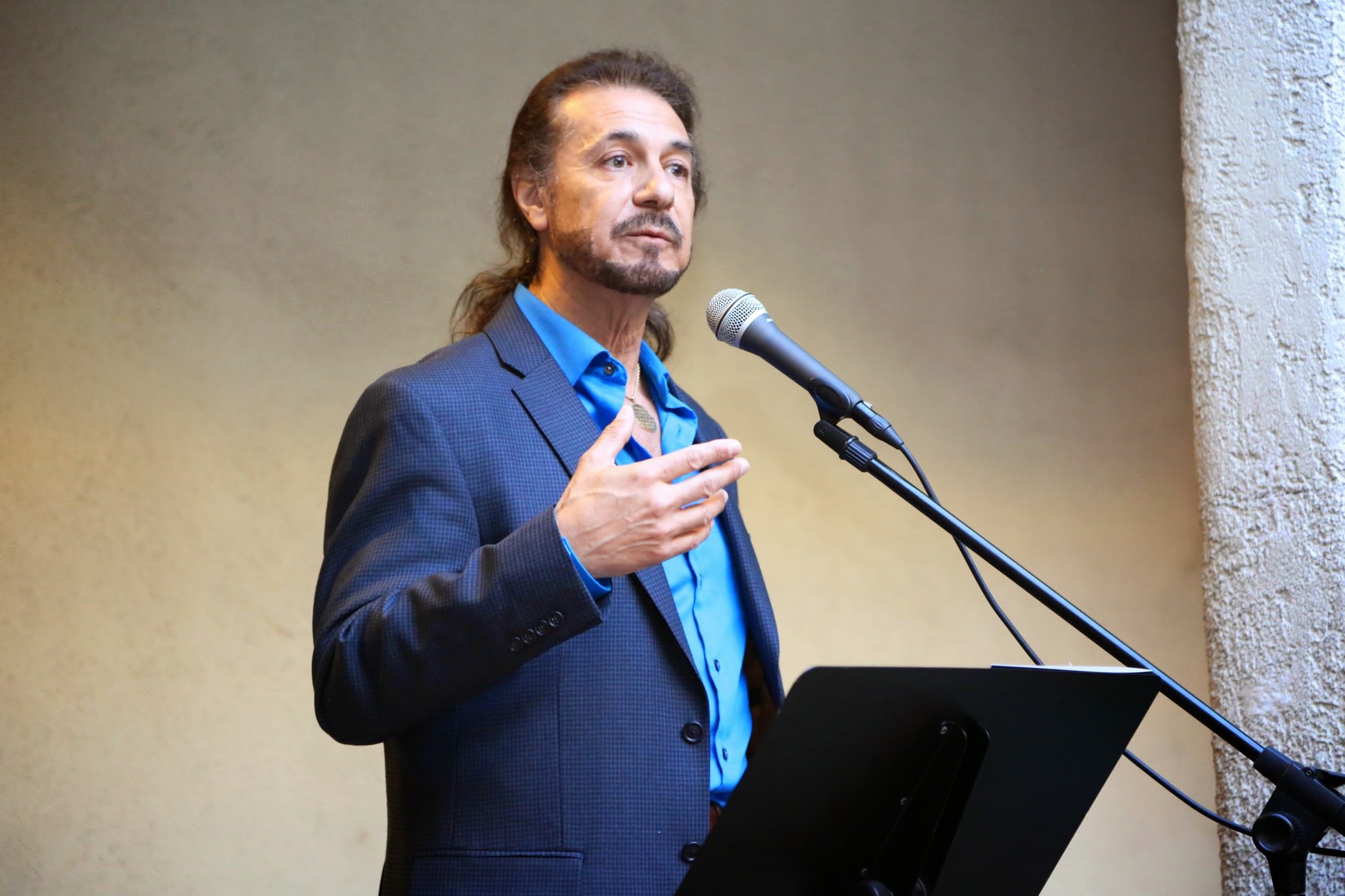 I think that it's a subject that many times is approached the wrong way. Lots of people have a philosophy of ‘don’t teach anyone how to take your job.’ I immediately started teaching people because that's what I feel is important. However, it’s important to teach with the other person in mind, not just for the sake of teaching. Some people believe that being of service is their whole reason for living. Other people believe that living is performing the service they’re here to do, because they are God's being.
I think that it's a subject that many times is approached the wrong way. Lots of people have a philosophy of ‘don’t teach anyone how to take your job.’ I immediately started teaching people because that's what I feel is important. However, it’s important to teach with the other person in mind, not just for the sake of teaching. Some people believe that being of service is their whole reason for living. Other people believe that living is performing the service they’re here to do, because they are God's being.
Being of service to just do it isn’t as satisfying. It’s more significant when the universe presents someone with another person who could use a service, and that someone bends something to help make it happen for the other person.
What would you say are the most rewarding parts of your career?
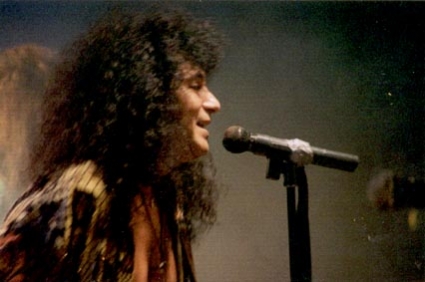 In terms of singing, the most rewarding part was performing in front of excited rock crowds and doing a very serious show. From an engineering standpoint, it would be hearing from an artist after I helped master their album — that's the stage after mixing. When they get it back and go 'oh my god, I had no idea I could sound like this,' that's truly transformative. It's sublime.
In terms of singing, the most rewarding part was performing in front of excited rock crowds and doing a very serious show. From an engineering standpoint, it would be hearing from an artist after I helped master their album — that's the stage after mixing. When they get it back and go 'oh my god, I had no idea I could sound like this,' that's truly transformative. It's sublime.
For a film studio career, it’s a combination of having my credit up in lights and knowing more than the next person. For instance, I became a bit of a specialist in different kinds of time code and conversions.
Lastly, teaching in itself is very rewarding. People come away excited to have more at their fingertips and to continue learning. An important plus side of this career is still having time to spend with family. A lot of people coming to this town are waiters or waitresses working from a studio apartment and aren’t able to afford a home or have a family because they’re still trying to catch their big break. If nothing else, I'm an example of somebody that has been able to make good doing it. On the contrary,I know a lot of rock and rollers who were very big during their heyday, and are now just trying to pay the bills, so they're going on tour for next to nothing during their retirement years.




